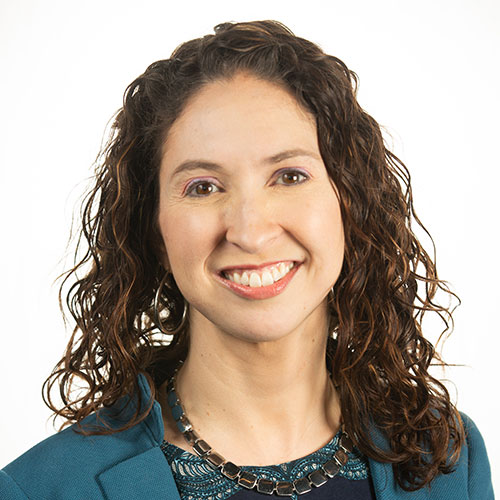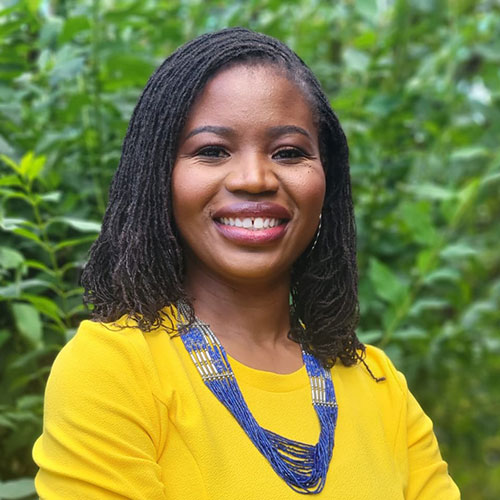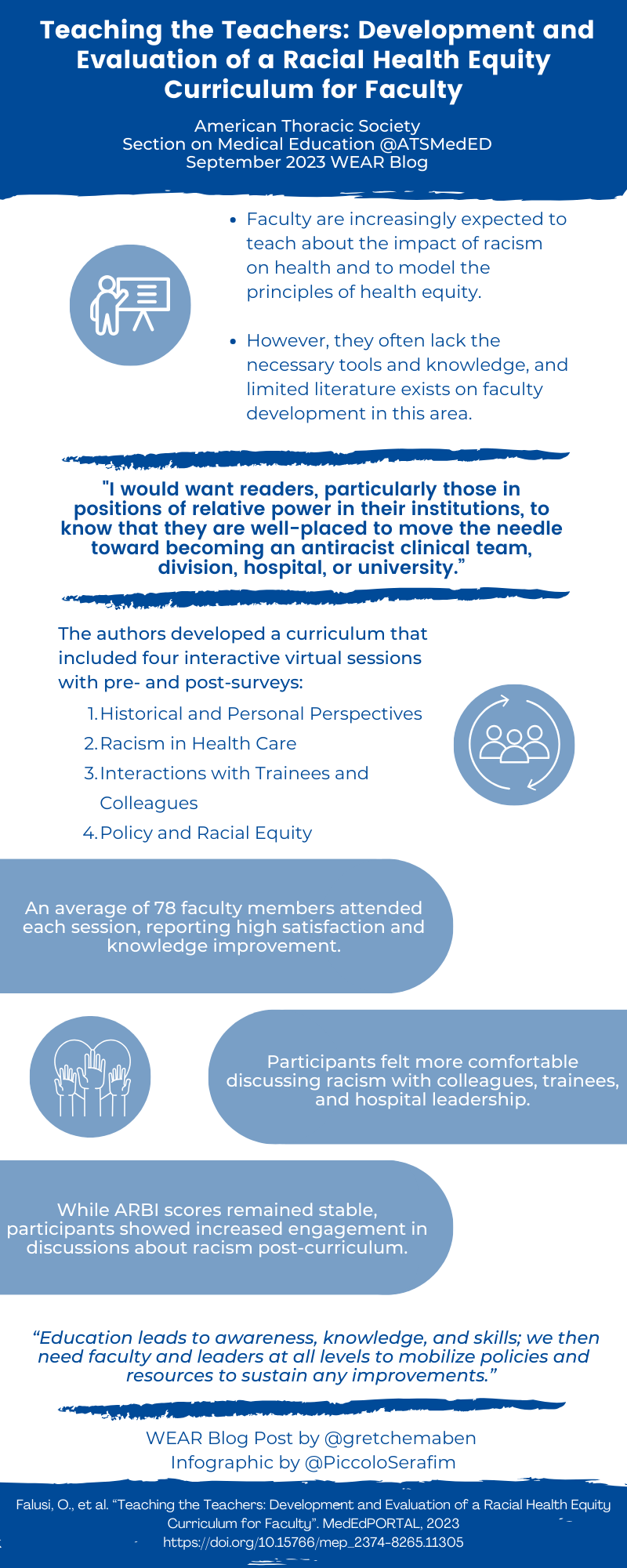Teaching the Teachers: Development and Evaluation of a Racial Health Equity Curriculum for Faculty
Falusi, O., Chun-Seeley, L., de la Torre, D., Dooley, D. G., Baiyewu, M., Gborkorquellie, T. T., ... & Ward, M. C. (2023). Teaching the Teachers: Development and Evaluation of a Racial Health Equity Curriculum for Faculty. MedEdPORTAL, 19, 11305.
Summary
This article describes an intervention where a curriculum was designed and implemented for pediatric faculty to increase their knowledge and comfort with themes related to racism in medicine. This curriculum included four 1-hour virtual sessions that incorporated interactive didactics, cases, reflection, goal setting, and discussion on topics including the history of racism, racism in healthcare, interacting with trainees and colleagues, and racial equity in policy. In pre- and post-session and curriculum surveys, the study team found that participants reported high satisfaction and increased knowledge. They also identified qualitative themes including self-reflection on personal biases, application of health equity frameworks and tools, becoming disruptors of racism, and the importance of systemic change and policy.
Interview
GW: Is there a certain component of your curriculum that participants felt was most noteworthy or effective? Does the research support any components of racism education that are known to be effective?
LF: We spent much of the first session discussing the history of racism in the United States and what is meant by "race is a social construct." This was illuminating for many participants, as many of us were trained to think of race as a biological finding that leads to genetic differences in disease risk. They also found the small group discussions effective, as those activities were focused on practicing tools, such as ways to address microaggressions.
We need to grow the evidence base on antiracism education, which was one of our goals with this curriculum. But what the literature shows thus far is that some of the most effective anti-racism trainings follow what we already know about adult learning. Self-reflection is a key component, including reflecting on our own experiences with race and racism, or perhaps recognizing how others' experiences may be different from ours. Personal engagement with the material is also important, such as interactive learning through cases, role-play, etc. It is also critical that we don't expect sustained change with one session, but to make this an ongoing learning experience and to push for institutional change along with individual growth.
GW: Now, most participants in the curriculum felt satisfied and that their knowledge increased. What are the next steps for evaluating whether workshops like this led to meaningful change?
LF: There are several options, and we have discussed follow up surveys, intermittent training "boosters" to reinforce and reevaluate knowledge, and even observing participants in simulated or real clinical scenarios. In any institution, the ability to implement meaningful, longitudinal education and evaluation depends heavily upon leadership support and protected time for both trainers and participants.
GW:. Many of these curriculums focus mainly on identifying and communicating about racism. Do you have ideas on programs that could be implemented to more actively combat racism rather than just recognizing it?
LF: I may sound like a broken record, but I cannot overemphasize the importance of institutional leadership buy-in if we want to go beyond satisfaction and knowledge and into behavior change and culture change. One children's hospital noted higher CLABSI rates in Black patients that remained after controlling for a number of factors. The teams concluded the disparate outcomes were due to bias from the clinical systems, and they have seen improved outcomes with both education and systemic changes that involved clinicians along with health equity experts and families themselves. Hospitals are also building quality housing for underresourced families as a way to fight the legacy of racism in zoning policies that have led to lower housing quality in majority-Black neighborhoods. At Children's National, we have an interdisciplinary approach that includes education along with reporting and addressing bias incidents and revising our policies to ensure they are written and carried out equitably.
GW: Where do you intend to go from here? What future directions does this research have?
LF: The work continues! We are taking elements from this 4-part "Teaching the Teachers" series - along with other concepts related to the language we use to describe patients and populations - and outreaching to our clinical departments that train residents. Our goal remains building knowledge and skills in the faculty who are expected to teach (or at least model) antiracist practices.
GW: If there was one thing the readers would take away from this discussion, what do you want that to be?
LF: I would want readers, particularly those in positions of relative power in their institutions, to know that they are well-placed to move the needle toward becoming an antiracist clinical team, division, hospital, or university. Our curriculum is just one resource to aid in that work, and we include a few dozen resources across the 4 sessions. Education leads to awareness, knowledge, and skills; we then need faculty and leaders at all levels to mobilize policies and resources to sustain any improvements.
Blog Post Author

Gretchen Winter MD, is a pulmonary and critical care physician in Birmingham, Alabama with a passion for patient-physician communication, medical education, and physician wellness. In her free time she enjoys traveling, reading, and exploring nature. She has more pets than are socially acceptable.
Twitter: @gretchemaben
Article Author

Olanrewaju (Lanre) Falusi, MD, MEd, is a primary care pediatrician and an Associate Professor of Pediatrics at the George Washington School of Medicine and Health Sciences focused on the intersection of health equity, advocacy, and education. As Medical Director of Advocacy Education in the Child Health Advocacy Institute of Children’s National Hospital, Dr. Falusi develops community-based curricula for trainees and faculty and researches the health outcomes of governmental policies. She is an Associate Program Director in the Children's National Residency Program, directing the LAUnCH Track, which trains pediatric residents to become leaders in advocacy and community healthcare delivery. She has held local and national leadership positions in the American Academy of Pediatrics and has spoken at conferences, in Congress, and in the media on topics including antiracism, poverty, and immigrant health. Dr. Falusi attended medical school at the University of Virginia and completed residency and chief residency at Children’s National.
Twitter: @LanreFalusi




